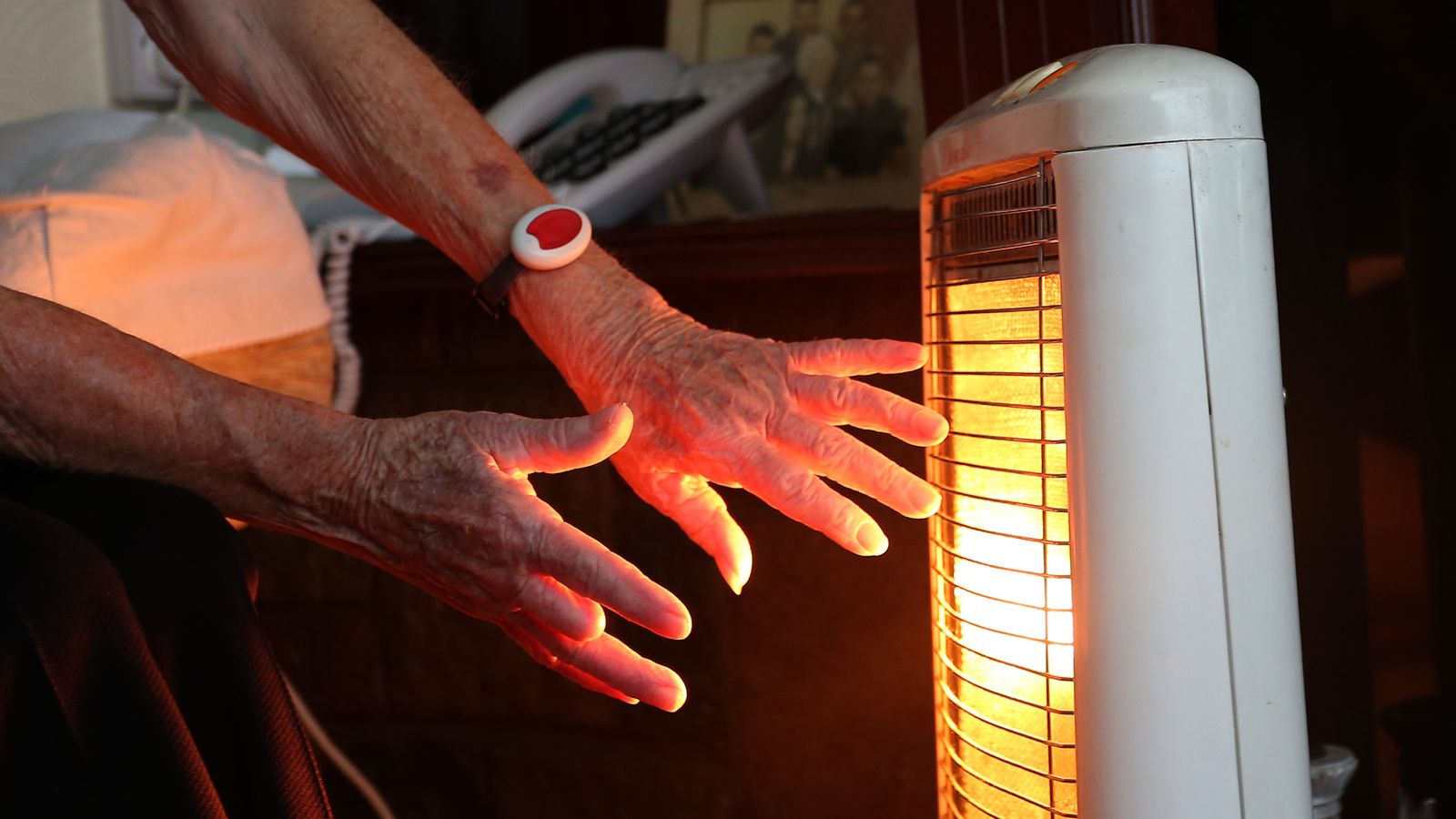Benefits need to be hiked by twice as much as planned this spring in order to protect millions of the poorest in society from the impact of surging inflation, a respected economic think tank has argued.
In April, payments including the jobseekers’ allowance, working tax credits and disability benefits are due to rise by 3.1% – in line with the inflation rate recorded last September.
But cost of living pressures have surged since then and the consumer price rise measure is expected to hit 6% by the spring, largely thanks to soaring energy bills.
Please use Chrome browser for a more accessible video player
The Institute for Fiscal Studies (IFS) said increasing benefits by 6% instead of 3.1% would cost an extra £3bn.
But it would save ten million households from facing a £290 real terms year-on-year fall in benefit income, it calculated.
Other measures to mitigate an expected £14bn surge in energy bills across the UK would either be very expensive or provide very partial compensation, the IFS argued.
Abolishing VAT on domestic energy, at a cost of £2.4bn, would on average give households back less than a fifth of the annual rise in their energy costs, the think tank said.
Joe Biden admits ‘more work to do’ as US inflation hits 7% for first time in nearly 40 years
Thomas Cook bosses cleared after two-year Insolvency Service probe into collapse
COVID: ‘VIP lane’ used by government to hand out PPE contracts to two companies during first coronavirus wave was unlawful, High Court rules
It would also further encourage people to spend their money on energy rather than other goods or services that are subject to tax – an undesirable outcome given the environmental impact.
Robert Joyce, deputy director of the IFS, said: “The way in which we increase benefits each April is not fit for the period of high and rising inflation we now face.
Please use Chrome browser for a more accessible video player
“By April inflation will be about 6%. So the poorest are heading for a 3% year-on-year cut in their real benefit levels and living standards.
“It would be preferable to raise benefits by the actual inflation rate in April. If that is 6% it would cost an additional £3bn, or £4.5bn if the state pension were included.
“Doing so would compensate benefit recipients on average for higher costs, including energy costs.
“This need not be a permanent increase. Future uprating can be adjusted once inflation has fallen back.”






















